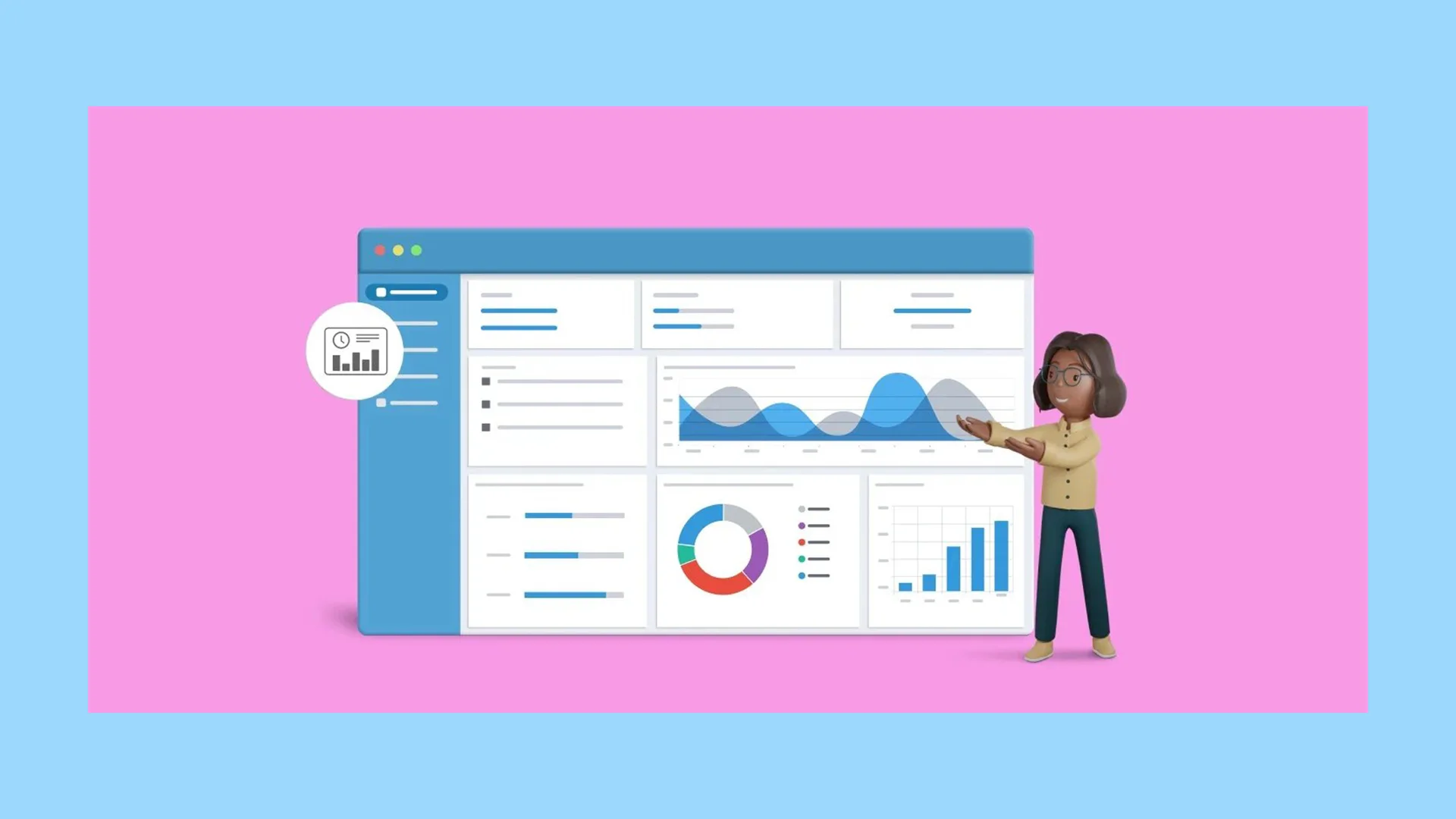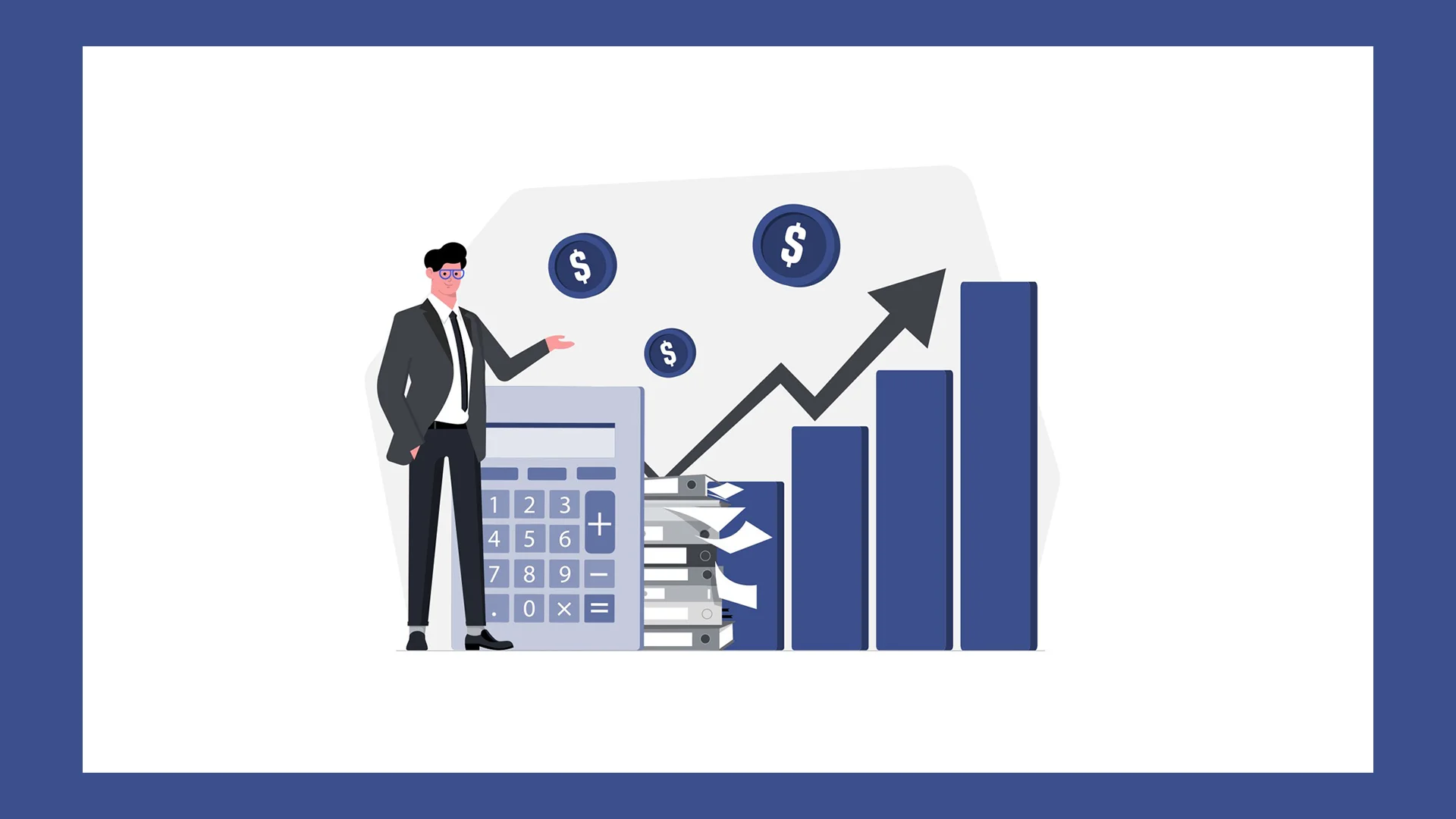Your business relies heavily on how fast you make decisions and what informs them. Therefore, if you have accurate, timely insights, you make strategic, quick decisions. On the other hand, your financial stability suffers if you take time to analyze situations or respond. Thus, this article explores how artificial intelligence (AI) can help you make better financial decisions with smarter business apps and what makes it the ideal technology for modern businesses.
The Impact of AI-driven Financial Planning for Your Business
The smarter business apps available today present more than just static data. They rely on advanced technology to learn, analyze, and adapt data and provide innovative financial insights. As such, the timing and precision suit the present fast-paced business environment.
These apps combine various techniques and technologies. For instance, machine learning allows them to identify patterns in data and adapt. In addition, natural language processing enables human-like communication between a user and the smarter business apps, where you can give commands, click a menu, or type a question, and it responds. So, how can all these improvements help you make better financial decisions?
Real-time Data and Insights
You will agree that financial decisions require data analysis. Thus, when you bring advanced technology like AI into smarter business apps, you get more accurate data analysis. Therefore, they help you forego the tedious traditional process of reading quarterly reports and developing manual forecasting models. AI also provides a real-time cash flow forecast that can highlight surprises like cash shortages. Sometimes, such a problem arises from cracks in the system that cause revenue leaks.
You may be underbilling a client or applying a discount by mistake. A human may miss such errors, especially when billing numerous clients, but AI tools can scan all documents provided and catch such issues. Further, these advanced apps can give alerts to help your business manage spending and avoid finding out you’ve overspent when you’re already in debt. They can alert you when you reach milestones such as breaking even, revenue targets, collection speed, or customer acquisition levels. On top of that, you can get a sentiment analysis to understand what’s happening in the market in real-time.
Accurate Forecast
Your financial decisions require the most accurate information, and although forecasts can be uncertain, AI helps reduce that. For instance, an app analyzes vast, diverse data to create a data-rich projection. The data can include sales, inventory logs, market news, emails, and customer reviews.
One of the outcomes of such advanced forecasting is better revenue projection. In addition, you can conduct better scenario planning, such as low sales or supplier delays, to ensure you prepare for such risks adequately. Another advantage of such advanced data forecasting is creating dynamic cost models to adapt to the current conditions, such as changes in demand or supply.
Automating Routine Tasks
Several financial tasks take up your time and prevent you from focusing on other matters. For instance, invoicing and payroll are routine tasks that can overwhelm the finance team. They also handle expense categorization and make compliance checks, such as ensuring the financial reports maintain legal standards.
AI-driven smarter business apps can handle such routine tasks faster and more accurately. If it’s about checking for compliance, AI can identify suspicious patterns. It can also help you manage contracts. Instead of the conventional process of reviewing numerous legal documents, an AI-driven app can pick out key terms, such as renewal deadlines and penalty clauses. Thus, it can alert your team in advance to avoid liabilities and missed payments.
Strategic Investment Portfolio Management
Business finance is not always about managing payments and debts. You also need insights to help you decide how to spend profits, whether to save or invest. Therefore, an AI-driven smarter business apps can check the current market conditions and predict the most suitable time to enter the market. It also assesses your risk level based on past performance and the data you provide.
Customized Financial Recommendations
You can personalize financial insights using an AI-powered app. It can tailor the recommendation to your business by recognizing patterns in the data. For example, it can analyze performance metrics and spending patterns to suggest where you can cut down spending or reallocate the budget.
It can also help with credit risk assessment by predicting which accounts may default. Such assessments may use the credit score, past invoices, payment history, news reports, and any other data that helps it analyze an account.
Democratized Financial Intelligence
Before AI, you’d need some training in financial matters to analyze the various forms of data from that department. Now, AI does most of the heavy lifting, allowing non-experts to get data in a language they understand. The applications have various features to enable such accessibility.
For instance, they have intuitive interfaces, chatbots, and voice commands. As such, a staff member can ask a question like the profit margin for a product and get an instant answer and sufficient context. It makes it possible to embed such financial intelligence in various departments to ensure the whole team understands the financial goals and plans of the business.
Reduces Bias and Improves Objectivity
Many factors influence our decisions, from emotions to cognitive bias. Hence, relying on AI for data analysis and forecasts eliminates bias and introduces objectivity. Note that this doesn’t mean that AI is perfect.
On the contrary, AI is evolving and learning. However, it operates without the prejudice or fatigue prone to human financial analysts. On top of that, it creates an accurate foundation for humans to focus on the most essential data and use that to make the final decision. Thus, AI does not make the decisions. It highlights areas a human may overlook, and its consistency ensures you have a regular data analysis.
Conclusion
There’s a place for AI in the present business environment, especially when making financial decisions. One of the ways to get the most out of this technology is through smarter business apps. Unlike the older apps with static data, AI-driven apps learn and adapt. Therefore, they discover patterns and adjust the predictions based on emerging trends. In addition, they can analyze data with better consistency and accuracy than the human eye.
nandbox App Builder
As outlined in this paper, nandbox App Builder fits exactly with the changing use of artificial intelligence in financial decision making. Being a no-code platform, nandbox enables companies to build unique mobile apps able to include artificial intelligence features like real-time analytics, automatic warnings, and financial dashboards—all without writing a single line of code.






